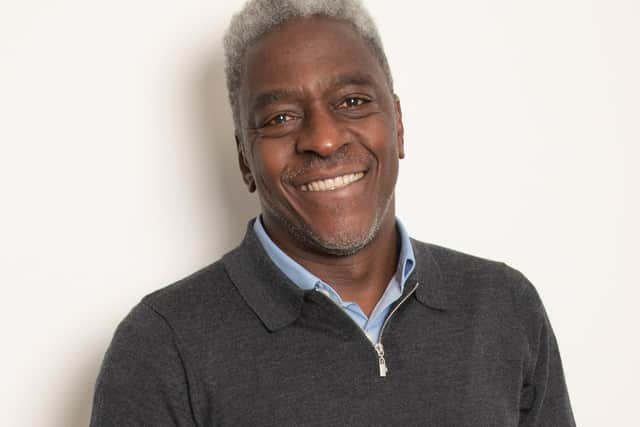Silence can be golden in midst of negotiations - Horace McDonald
Reflecting on negotiations at this time of year, I am reminded of Silent Night, a timeless and well-known Christmas song. Many of us aren’t aware that it is of German origin—‘Stille Nacht, heilige Nacht, alles schalft, einsam wacht.’ Initially attributed to musical heavyweights like Haydn, Mozart, Beethoven, or Schubert, the mystery surrounding its composition unravelled in 1995. A discovered manuscript revealed that the verses were penned by a young Catholic priest, Joseph Mohr, in 1816. On Christmas Eve 1818, Mohr sought the musical prowess of Franz Gruber, a schoolmaster, and organist, to compose the now familiar, yet unimposing, melody and guitar accompaniment.
Much like the subtlety of Silent Night, the art of using and managing silence often remains underestimated in negotiations. In a world where the temptation to ‘win the argument’ looms large, investing excessive time in verbal sparring rarely advances one’s position. Such an approach can erode trust, strain relationships, and impede value creation. People may often feel compelled to speak during an awkward pause in the conversation, potentially saying more than intended.
Advertisement
Hide AdAdvertisement
Hide AdThroughout my career and time at Scotwork, I’ve found myself considering silence and listening of the highest importance in a negotiation. In negotiation, there are three roles. The Leader delivers information, opinions, and proposals; the Summariser gathers information, clarifies points, and refocuses the negotiation, while the Observer listens, watches, and takes notes. It might be easy to mistake the Observer as the least critical; however, this non-speaking role truly comes alive in the adjournments, which are vital in managing successful negotiations. The Observer uses this time to help the team understand the situation, assess whether a change in strategy is needed, and importantly, evaluate the other party – interpreting signals and providing their team with an understanding of how well the other party is performing. The best sports managers and coaches excel in this, making strategic or tactical decisions to transform performance. If done well, it can have the same impact on negotiation teams.


Silence may also be a vital tool for self-reflection and self-awareness, in addition to being a successful negotiating strategy. We establish room for reflection and awareness when we stop and permit one another to be silent, and if you find yourself preparing your response while the other side is speaking, it can signal that you were too busy thinking to listen closely. That pause to listen, reflect, and consider a response allows us to filter through our biases and permits a moment to contemplate how a third party may view the situation. As with most things in life, silence must be used in moderation; an excessive period of silence could be perceived as passive-aggressive or manipulative. Additionally, the aim of a negotiation should always be to agree on a mutually beneficial agreement, and silence should be employed to advance that goal.
In the end, while we all yearn for our voices to be heard in negotiations, the wisdom of the old saying holds true – sometimes, silence truly is golden.
Horace McDonald, CEO, Scotwork UK